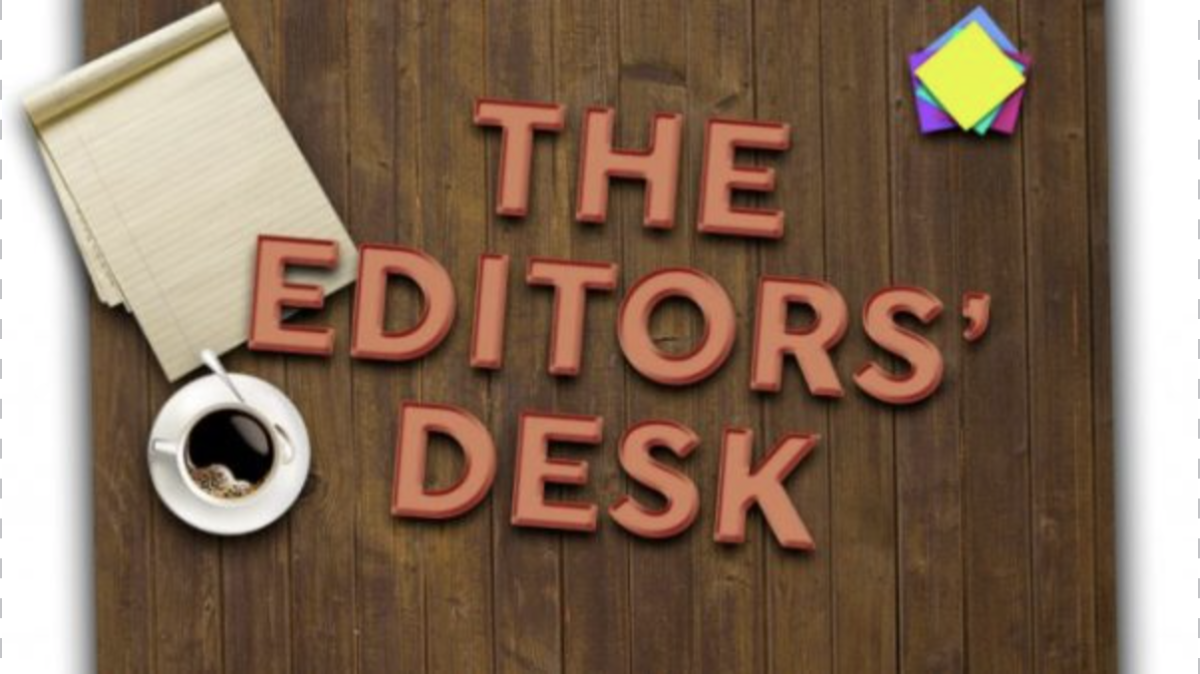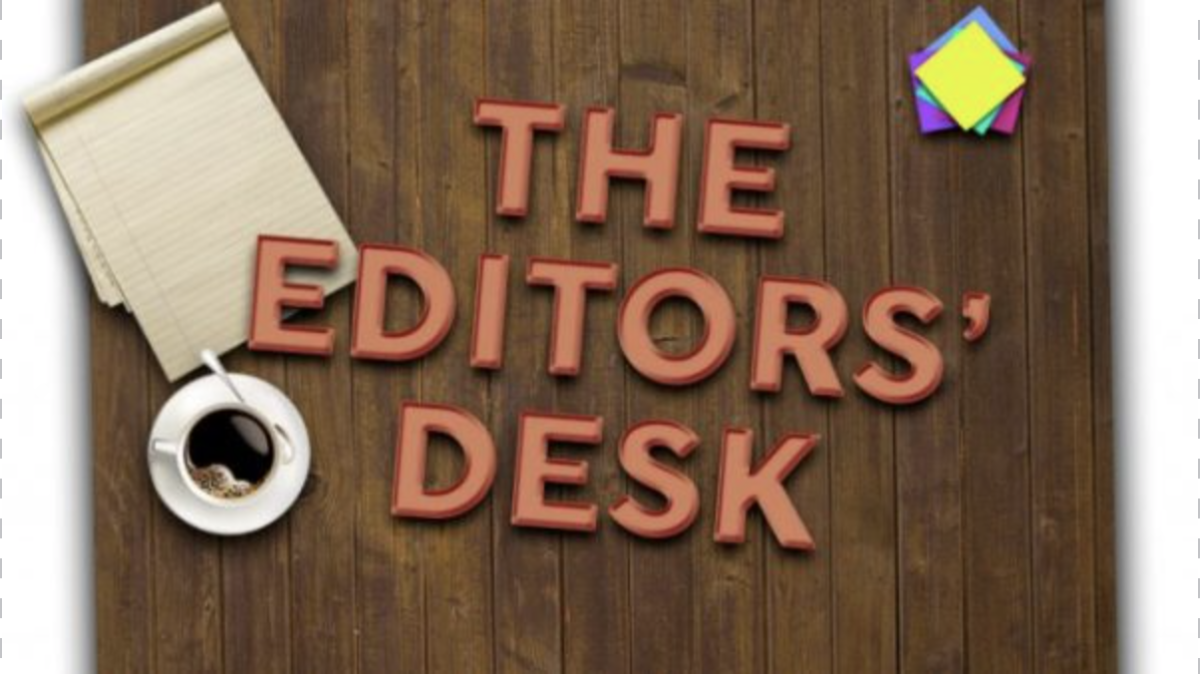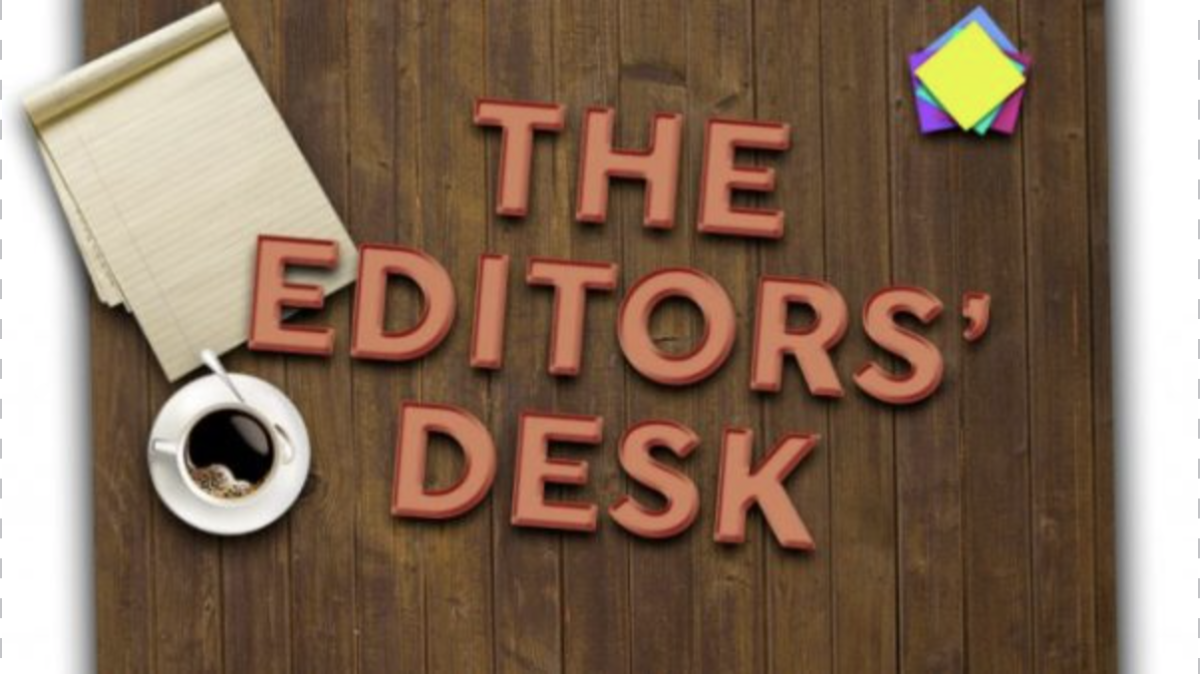During preparation for this Election Issue, our editorial board has discussed whether we would formally endorse a presidential candidate. Major national news outlets like the New York Times, the Washington Post and The Atlantic have all endorsed Hillary Clinton, while a few smaller ones have backed Trump, Johnson and Stein.
However, we have reached the decision that the Trinitonian, as a publication, will not be taking sides.
As a group of 11 editors, trying to come to a consensus on one candidate to endorse could prove near impossible. Plus, we want to keep it friendly and civil “” after all, we do have to continue to work together for hours on end in a confined space after the election is over.
Even if the board did agree, our staff is made up of over 40 other reporters, contributors, photographers, designers and copy editors, plus the ad and business staff. Surely not everyone agrees on who to vote for, and some may be hesitant to have their name on something that supports a cause they do not believe in.
Furthermore, we simply don’t see it as part of our job.
We have a unique responsibility as the media on a university campus. Our newspaper brings insight to events, issues on campus and can highlight the interesting students and faculty at Trinity, which is something only we can do. We have access to the voices and a platform through which we can publicize them. It is important that we help students and other contributors share their voice through our publication, and if those opinions sway readers one way or the other, then they have proven effective. However, when the media takes a side and promotes one ideology or point of view, our journalistic integrity is compromised.
Though those major outlets have valid arguments and the right to endorse their candidate of choice, as a student publication, we see our responsibility to be informing, rather than persuading our readers.
Peter Dahlgren, a media and democracy scholar writes, “I emphasize what I see as being journalism’s fundamental raison d’etre, namely democracy. Democracy, however, is not just an abstract or formal system, but must also be a way of life, whose impact guides thought and action in everyday contexts. From that perspective, the role of journalism extends beyond the basic elements of providing correct and relevant information: it must touch us, inspire us, and nourish our daily democratic horizons.” In our election issue, we hope to do just that. We hope the facts and opinions of peers and faculty will touch, inspire and nourish your democratic horizons and inform you as you decide how to vote, many of you for the first time.









